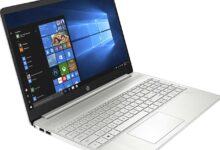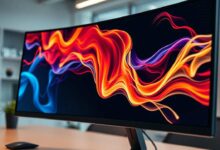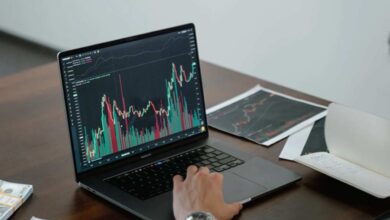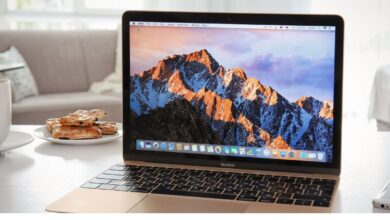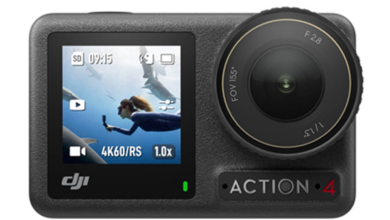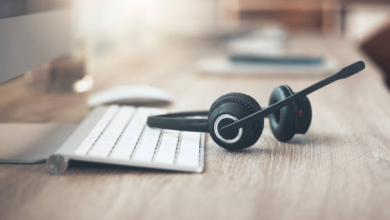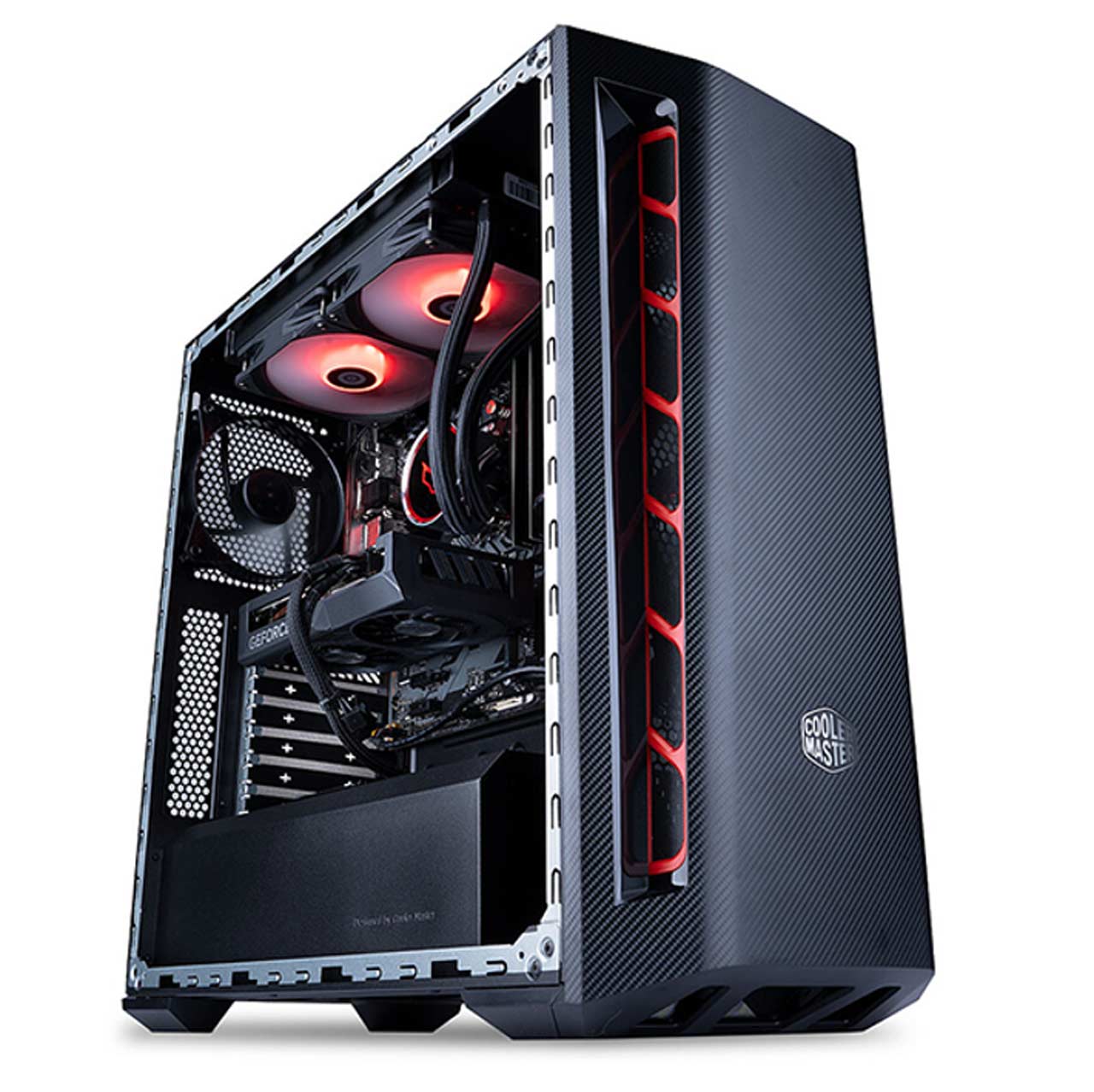
A PC Gamer Maroc is built for high-performance gaming, but over time, you may experience lag, FPS drops, and slow loading times. Optimizing your gaming PC ensures smooth gameplay, faster response times, and an overall better gaming experience. In this guide, we’ll explore the best techniques to boost your PC’s performance, from hardware upgrades to software tweaks.
1. Keep Your Drivers and OS Updated
Why Updates Matter
Your PC’s graphics card drivers, Windows OS, and chipset drivers play a crucial role in gaming performance. Outdated software can lead to stuttering, crashes, and performance bottlenecks.
How to Update Your Drivers ?
Graphics Drivers : Visit NVIDIA or AMD’s official site and download the latest version.
Windows Updates : Go to Settings > Update & Security > Windows Update.
Chipset & Motherboard Drivers : Download from your motherboard manufacturer’s website.
Pro Tip : Enable automatic updates for your GPU to ensure optimal performance in newly released games.
2. Optimize In-Game Graphics Settings
Balance Performance and Visuals
Adjusting your game settings can significantly boost FPS and provide smoother gameplay. Lowering certain settings while keeping crucial details intact is key.
Recommended Settings for Performance Boost :
Lower Shadow Quality and Texture Filtering
Disable Anti-Aliasing (or switch to FXAA instead of MSAA)
Reduce Post-Processing Effects
Turn off Motion Blur and Depth of Field
Many games have a performance vs. quality slider adjust it to favor performance for higher FPS.
3. Upgrade Your Hardware for Maximum Performance
Key Hardware Upgrades :
If your PC struggles to maintain smooth gameplay, consider these upgrades:
Graphics Card (GPU) : The most crucial upgrade for gaming performance. RTX 4070, RX 7800 XT, or higher recommended for modern titles.
RAM : 16GB DDR5 or DDR4 is the minimum for seamless gaming.
Storage (SSD vs. HDD) : Upgrade to an NVMe SSD for faster game load times.
Processor (CPU) : If your CPU bottlenecks your GPU, consider upgrading to an Intel i7/i9 or AMD Ryzen 7/9.
Pro Tip : Regularly clean your PC’s internals to prevent dust buildup, which can cause overheating and throttling.
4. Manage Background Processes and Optimize Windows Settings
Reduce CPU & RAM Usage
Unnecessary background apps can consume CPU and RAM, impacting gaming performance.
Task Manager Method : Press Ctrl + Shift + Esc, go to the Processes tab, and close unnecessary apps.
Disable Startup Programs : In Task Manager > Startup, disable non-essential programs.
Enable Game Mode : Go to Windows Settings > Gaming > Game Mode and turn it on.
5. Overclock Your GPU & CPU for Extra Power
What is Overclocking ?
Overclocking allows your GPU and CPU to run at higher speeds than their default settings, improving gaming performance.
How to Overclock Safely ?
Use MSI Afterburner (for GPU) and Ryzen Master or Intel XTU (for CPU)
Increase clock speeds gradually while monitoring temperature
Use benchmarking tools like 3DMark to test stability
Warning: Overclocking can increase power consumption and heat, so ensure proper cooling before tweaking.
6. Improve Cooling and Reduce Overheating
Why Cooling Matters ?
High temperatures cause thermal throttling, reducing FPS and making your PC less responsive.
Cooling Tips :
Upgrade to an AIO Liquid Cooler for high-end CPUs
Add extra case fans for better airflow
Reapply thermal paste every 1-2 years
Ensure proper cable management to improve airflow
7. Use Game-Boosting Software & Latency Reducers
Best Software for Gaming Performance :
NVIDIA Reflex & AMD Anti-Lag : Reduces system latency
Razer Cortex or MSI Dragon Center : Frees up system resources
ISLC (Intelligent Standby List Cleaner) : Reduces input lag
FAQ : Common Questions About PC Gaming Optimization
1. How can I get more FPS in games ?
Lowering in-game settings, updating drivers, overclocking hardware, and upgrading RAM/GPU can help boost FPS.
2. Is overclocking safe for my PC ?
Yes, if done correctly with adequate cooling. However, improper overclocking can damage components.
3. Do SSDs improve gaming performance ?
SSDs don’t increase FPS but significantly reduce game loading times and system responsiveness.
4. How do I prevent overheating during gaming ?
Ensure good airflow, upgrade to better cooling solutions, and clean dust regularly.
5. Can background apps affect gaming performance ?
Yes, unnecessary apps consume CPU & RAM, reducing FPS. Closing them improves system speed.
Conclusion : Get the Best Performance Out of Your Gaming PC
Optimizing your PC Gamer doesn’t have to be complicated. By updating drivers, tweaking in-game settings, upgrading hardware, reducing background tasks, and improving cooling, you can enjoy smoother, faster, and lag-free gaming.
Ready to upgrade your gaming setup? Explore top PC hardware and accessories at Techspace.ma !
